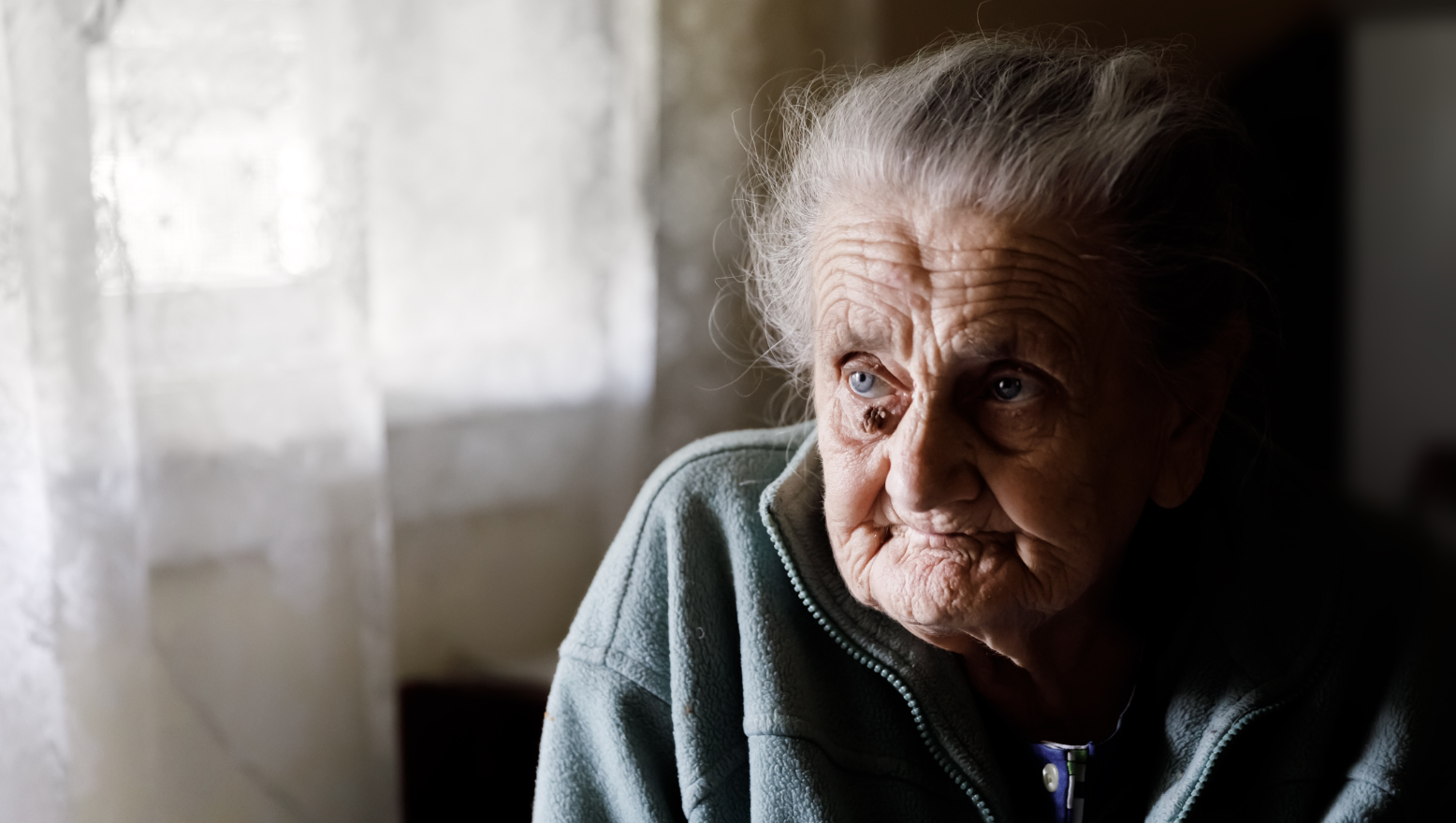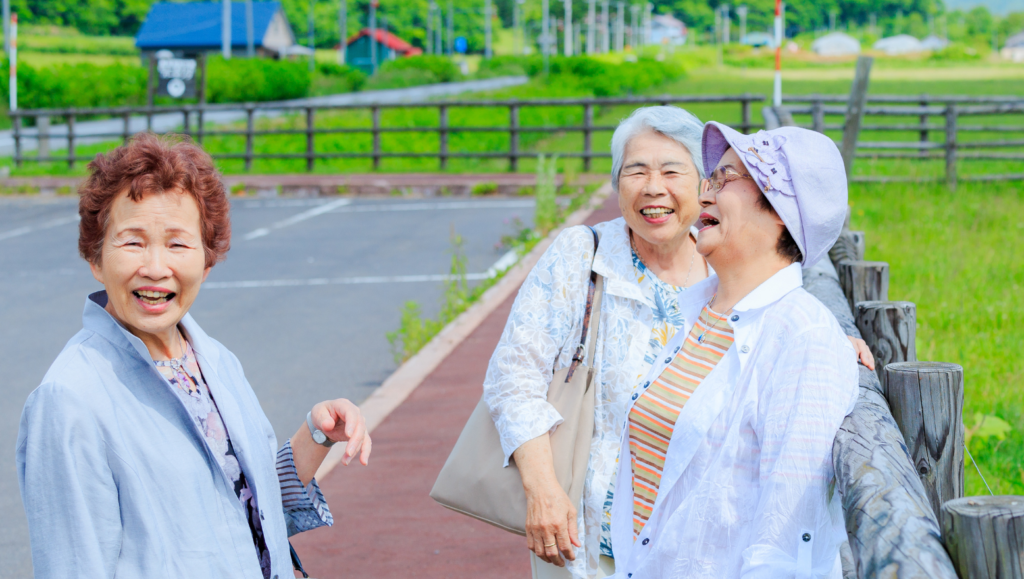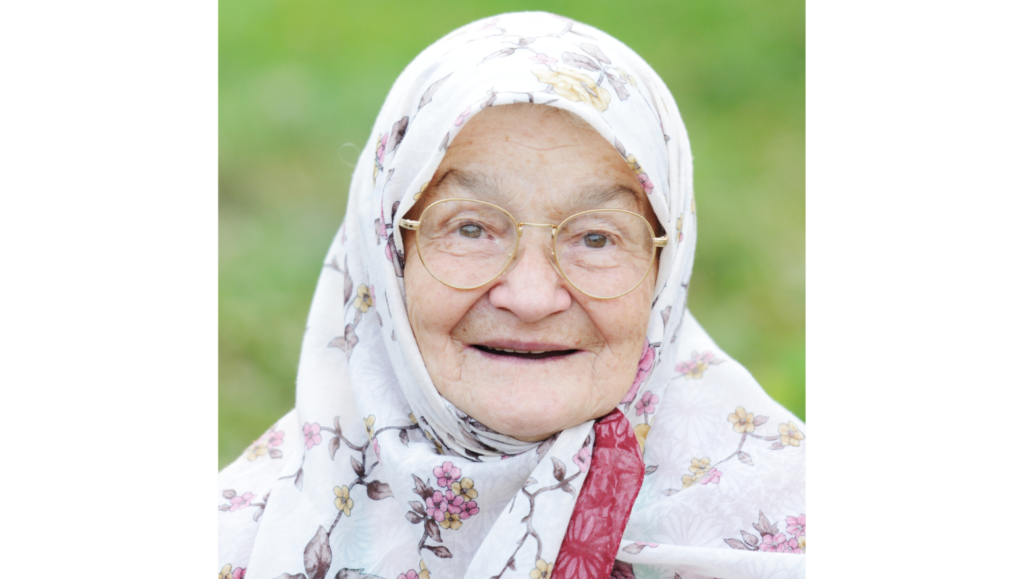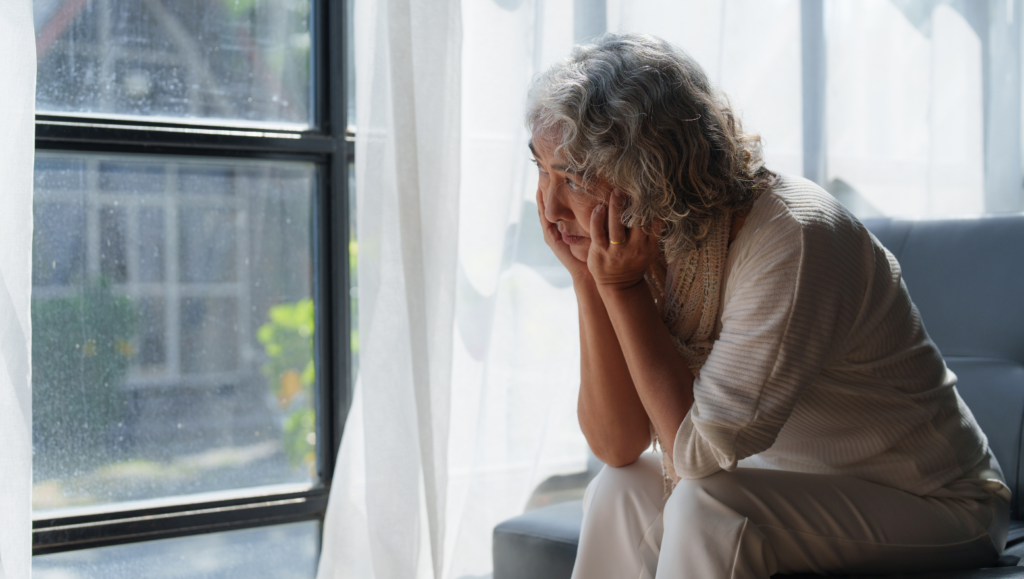What is a super-ager? And what they can teach us about living and ageing well

What is a super-ager, and how do they stay so sharp well into their 80s and 90s? From purpose to connection, discover the habits and mindsets that redefine what ageing can look like.
Table of Contents
Some people in their 80s and 90s are doing more than defying the odds. They’re redefining what ageing looks like. These are the super-agers: older adults whose minds and bodies function more like those of people decades younger.
They’re staying active, engaged and independent not through luck, but through a powerful mix of habits, mindset and environment. And their lives are reshaping how we think about longevity, health and what aged care should actually offer.
What is a super-ager?
But what is a super-ager, exactly? The term “super-ager” was first coined by researchers at Northwestern University in the US, who found that some older adults performed exceptionally well on memory and attention tests, even into their 80s and 90s.
Further studies by Harvard Medical School revealed that these individuals tend to have thicker brain regions associated with attention and memory, suggesting they’ve foundways to preserve cognitive function as they age.
But this isn’t about brain scans. Super-agers often share common behaviours. They stay socially connected, keep moving, remain curious and carry a strong sense of purpose.
How the longest-living people do it differently
Many of the same traits show up in the world’s Blue Zones, regions known for unusually high numbers of people living past 100 in good health. These include:
- Okinawa, Japan
- Sardinia, Italy
- Nicoya, Costa Rica
- Ikaria, Greece
- Loma Linda, California
So, what do these communities have in common?
1. Connection over isolation
In Okinawa, older adults stay close through moai—tight social circles that meet regularly to eat, talk and check in on one another. These connections aren’t occasional catchups, they’re part of life. In places like Sardinia and Ikaria, it’s just as common to see friends in their 80s walking to a neighbour’s house for a chat as it is to find them tending to a garden.

2. Purpose doesn’t retire
In Nicoya, Costa Rica, people hold onto a plan de vida, a reason to get up each day even long after work is done.
Whether it’s caring for family, passing down traditions or being involved in the local community, purpose remains a steady thread. It’s not just the extra years that matter, it’s the sense of purpose that makes those years meaningful.
3. Movement, not workouts
Super-agers live in ways that keep them moving naturally. In Sardinia, steep village streets and stone steps keep legs strong. In Ikaria, daily routines involve walking, climbing, cooking and working with their hands.
4. Whole foods and shared meals
Across Blue Zones, diets are largely unprocessed and plant-based: beans, leafy greensand, in Italy, plenty of olive oil. But how people eat matters just as much as what they eat.
In Okinawa, there’s a practice called hara hachi bu, which means eating until you’re about 80% full. Meals are unhurried, often shared and rarely eaten on the go. The ritual of slow, social and intentional eating supports not just digestion but most importantly, strengthening connection.

5. Resilience over perfection
These communities are not immune to hardship; they’ve simply built rhythms that help them cope. Faith, family and humour often play a part, but so does community. People lean on each other, make space to rest and find ways to stay grounded.
In Australia, around one in five older adults especially those 75 and over experience social isolation, which has been linked to poorer mental health outcomes, including depression and anxiety. That’s why creating strong social networks and daily routines matter not just for older people’s wellbeing, but for their long-term mental resilience as well.
Redefining what’s possible in later life
Super-agers show us what’s possible when people are supported, connected and given space to keep growing. That potential is already taking root in Australia, but there’s still work to do.
A 2015 Productivity Commission report found that most older Australians prefer to remain in their own homes for as long as possible, rather than move into residential care. This preference for ‘ageing in place’ underscores the importance of home care services that support older adults’ independence and quality of life.
The future of aged care isn’t about managing decline. We need to make room for people to keep living with purpose, connection and dignity. And older adults are more than their care needs. They bring a lifetime of stories, skills and resilience.
With the right support, ageing doesn’t have to feel like losing something. It can be a chapter where people still grow, still choose and still feel like themselves.
Leora Healthcare: Supporting healthy ageing, inside and out
For older adults, small things like a consistent routine, gentle movement, good food and social contact can make a real difference.

In Australia, more than half of aged care residents experience symptoms of depression. Loneliness and loss of independence can quietly erode wellbeing, even in the absence of medical issues.
That’s why meaningful care must go beyond medication and safety protocols. It should create space for older people to stay active, make decisions and be part of something bigger than themselves. This can bea family meal, a favourite activity or a simple chat with someone who listens.
At Leora Healthcare, our aged care services are designed to support both the physical and mental wellbeing of older adults. Through our aged care services, our Care Managers and support workers provide help at home that respects a person’s rhythm while offering the support needed to stay healthy, independent and socially connected.
Because wellbeing doesn’t stop with physical care. It thrives in the everyday moments where people feel recognised, cared for and truly themselves.
Improve your independence and quality of life with Leora
We understand that every individual is different, and so we design personalised care plans suited to each client’s specific goals in life. Our aged care support workers can provide personal care at home, companionship for social activities or higher-level support for those with high care needs.
We make sure that every support worker you welcome into your own home is a great match! Get in touch with our team to learn more.





